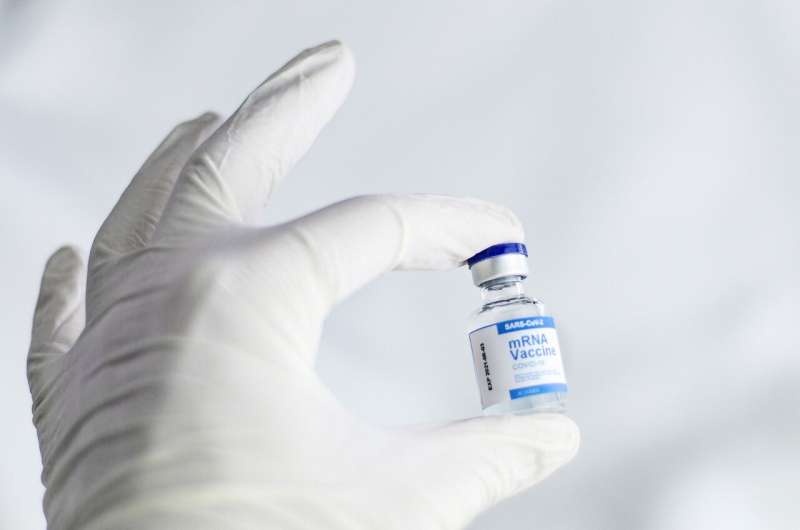WHO boss says vaccine IP waiver not a property 'snatch'

The World Health Organization on Wednesday sought to reassure pharmaceutical companies that a proposal to suspend patent rights on COVID-19 vaccines was not a bid to "snatch" their intellecutual property rights.
With more than four million dead and the toll likely to reach much higher, WHO Director-General Tedros Adhanom Ghebreyesus said vaccine makers should be offered incentives in return for temporarily waiving their the rights.
"Of course, we can't snatch your property," Tedros said via video link from Tokyo at the start of a meeting with the World Trade Organization, pharma companies and global financial institutions.
"With so many lives on the line, profits and patents must come second," he said, without giving any details on the proposed financial incentives.
Waiving intellectual property rights would help meet the 11 billion doses of vaccine the WHO says are needed to protect 70 percent of people in every country by mid-2022.
This is the second meeting in Geneva to try to bridge differences on how to increase supply of jabs and cut the vaccine inequity that seesrich countrieseyeing booster shots while health workers in poor countries go without.
Of the 1.1 billion doses produced globally in June, "only 1.4 percent went to Africans, who account for 17 percent of the global population", WTO Director-General Ngozi Okonjo-Iweal said in her opening speech.
"Only 0.24 percent went to people in low-income countries. And both shares declined even further in the first half of July," she said.
In addition to the suspension of patents, barriers to the trade in vaccine ingredients must be removed and laboratories agree to transfer their technology, Tedros said.
Explore further
© 2021 AFP

















